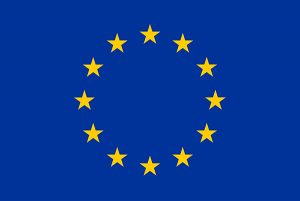
For today’s Europeans, the existence of a collective musical past is a given. The past is heard and negotiated in the concert hall, and when we listen to or perform popular ‘oldies’; countless political and emotional narratives are attached to it, demonstrating the extent to which the musical past can be instrumentalised. Our project explored the mechanisms by which Europeans of a distant past (c. 1200-1600) used collective musical memory to shape cultural and political behaviour. In which ways are these mechanisms relevant to the societies of 21st-century Europe?
The team of HERA Sound Memories: The Musical Past in Late-Medieval and Early-Modern Europe investigated how a new notion of a musical past came about in 13th-century France, and how it was applied by communities in the Low Countries, northern Germany, Bohemia and Poland, c. 1400-1600. If the compilers of the ‘magnus liber organi’ (c. 1250) proudly collected their sonic past in lavish books as a record of achievement, followers of the ‘devotio moderna’, Hussites and early Lutheran communities often favoured ‘archaic’ musical styles because returning to the simpler sounds of the uncorrupted past, to them as to many today, held promise of a better future. University communities in Central Europe in turn imported sophisticated music of a century or two ago from France and Italy; like ‘classical’ music today, cultivating the sounds of the past symbolised international outlook, education, power, and social prestige.
Five teams in the United Kingdom, The Netherlands, Germany/Switzerland, Poland and the Czech Republic implemented this project through joint meetings, a workshop, an international conference, and an array of scholarly publications (monographs, an essay volume, and articles). The associated partners contributed as ‘experimental musicologists’ and helped disseminate the sounding results to the European public through a series of concerts and recordings.
Project description on the HERA webpage
 |
This project has received funding from the European Union’s Horizon 2020 research and innovation programme under grant agreement No 649307. |